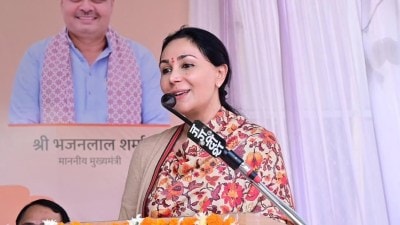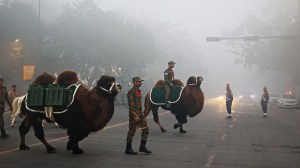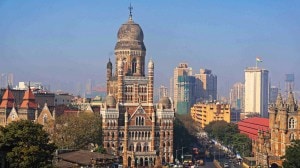Collective amnesia
Henry Ford once famously described history as bunk. Car tycoons may be forgiven for their impetuosity born of ignorance. But when an entire...

Henry Ford once famously described history as bunk. Car tycoons may be forgiven for their impetuosity born of ignorance. But when an entire nation seems to tacitly endorse Ford8217;s assertion, there is cause for grave disquiet. Reports that the Indian Council of Historical Research ICHR has laboured for 24 years on an ambitious 10-volume project, Towards Freedom, and given birth to a mouse, shows yet again that the country has no real use for history. The project, first commissioned in August 1973, was meant to provide a definite account of the crucial pre-Independence decade.
The period from 1937 to 1947 that culminated in Nehru8217;s tryst-with-destiny oration, was more than brave words and glorious spectacle. This stormy period saw M.A. Jinnah propound his two-nation theory; the flowering of the Quit India movement; the Cripps Mission and its failure; the continuing arrests of leaders like M.K. Gandhi. It saw men like Rash Behari Bose and Subhas Bose resist the Raj in their own distinctive ways. It also saw the ratings of the Royal Indian Navy revolt and a thousand other mutinies, big and small, erupt all over the country. These were years rife with great sacrifice and idealism, the likes of which not just India but the world have rarely witnessed. The Coloniser came out with its own version of this period, efficiently portraying the rolling back of the British administration as a triumph of rational governance. The Colonised, having experienced the trauma and the strife, had a distinctly different reading of that painful period of resistance, but continued to live in a self-made cocoon. In all these years it has still to write an authentic historical account of it. ICHR8217;s Towards Freedom project was to emerge in five years.
About 20 years after it was first mooted, the then chairman of the ICHR admitted that the work done on it was 8220;scandalously small8221;. Today, 24 years later and after several hundred lakhs of rupees were spent on it, the prospect of it ever reaching fruition is still a distant one.
If such an episode had occurred in the world of politics it would have been bruited about as a scam. But in the supposedly polite world of scholarship such terminology is seldom employed, although it should be. This is a damning indictment of not just the bureaucracies and infrastructural bottle-necks that stifle the writing of history in this country, but of the historians themselves, many of whom with formidable international reputations to defend. Some may rue the fact that a scandal of this kind surfaced just as India prepares to celebrate 50 years of freedom. The truth is that it may have never surfaced if preparations for the nation8217;s birthday celebrations were not on and the need for a 8220;national history8221; was not felt. But the writing of history is more than mere commemoration. It is an invaluable tool to both analyse the present and envisage the future. But in the collective amnesia that besets the nation, even this is forgotten.
- 01
- 02
- 03
- 04
- 05































